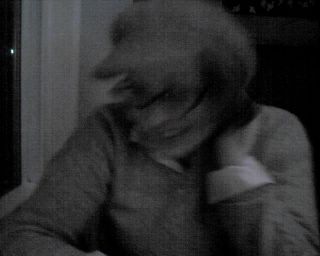Last night at Theology on Tap we talked about the role of myth in Christianity, and whether or not there is or should be one at all.
One of the points brought up was that it is a slippery slope. If I say I can't synthesize or distinguish one of the two creation stories as true, where do I draw the line? At Elijah's ascension? Did that "really" happen? Or the virgin birth? Or the resurrection? Can we pick parts of the scriptures and designate them as myth without doing the same to others.
I think Jeff had a really good point about this when he brought up the different genres within the Bible. Historically, we break up scriptures into History, Poetry, Prophesy, Law, and others. I identify with this strongly because this lets us point out that the book of Revelation was written in the very specific, very stylized form of Apoctolyptic Literature. Whether or not you believe Revelation describes the fall of Israel and the burning of the Temple or some fantastic point in the future, or both, we can all agree that it is highly symbolic and purposefully written in a very specific style.
Similarly, we know that Jesus often taught in parables - myths to illustrate a point. Would it be so far off to suggest that God may have used this method elsewhere in the Bible - the story that he tells us about himself? Why wouldn't it be reasonable to suggest that certain parts of scripture - the creation accounts for example - are both God breathed and myth? We know that God is vaster than we can imagine even now .... Just imagine if he told the early priests how he really created the heavens and the earth, setting up microcosms that would go on and flourish and evolve forever. Would they have understood? I don't think so.
But they would have understood that their God is a great artist and a great planner. Both of the creation stories reveal the great awe and majesty of our Father. Both reaffirm that his creation was good to begin with and that it now needs restoration. Both do so in powerful ways that just wouldn't have been possible if the factual truth were set out for us.
And this leads me now to ponder the question, does something have to be factual for it to be true?

